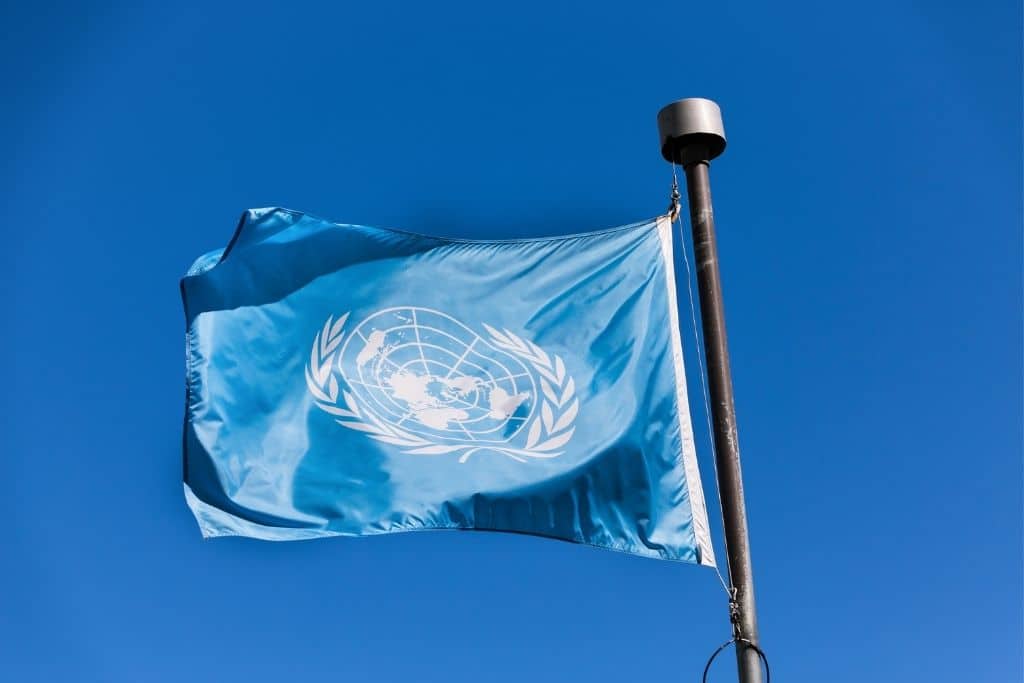The resolution is the first-of-its-kind in addressing how climate change is a threat to international peace and security, and would have made climate-related security risks “a central component” of conflict prevention efforts.
—
Russia has vetoed a United Nations Security Council draft resolution on Monday, December 13 that would define climate change as a threat to international peace and security for the first time, following months of negotiations.
Proposed by Ireland and Niger, the UN security council’s current president, the draft resolution called for “incorporating information on the security implications of climate change” into the most powerful UN agency, and to make climate-related security risks “a central component” of conflict prevention efforts. The proposal would also see the expansion on the criteria used to justify intervening in conflicts and peacekeeping operations.
“Today was an opportunity for the council to recognise, for the first time, the reality of the world that we are living in and that climate change is increasing insecurity and instability,” said Irish ambassador Geraldine Byrne Nason. “Instead, we have missed the opportunity of action and we look away from the realities of the world we are living in.”
The veto comes just a month after the COP26 UN climate talks in Glasgow in November, where nearly 200 countries and nations have agreed to “phase down” coal and keep the 1.5C goal of limiting global warming to avert a climate catastrophe. However, many scientists and experts say that the world is still on track for 2.4C increase despite the new climate pledges. Rich nations have also agreed to mobilise over USD$100 trillion of climate debt to developing nations to support their energy transition and climate adaptation by 2022, two years after their initial 2020 pledge, but it’s still unclear how much each of them are expected to contribute.
You might also like: How Climate Change Will Force Countries to Rethink Their National Security
The topic of how climate change is a threat to international security has been discussed since 2007, as the climate crisis has exacerbated existing conditions such as droughts and desertification in countries like Mali and Niger, creating more competition for water, food, farmland and pasture land, all of which contributes to violence and instability. And the UN resolution would have been the first to address climate-related security risks as an issue of its own, and asked the secretary general to make regular reports on it.
The 15-member council saw 12 voted in favour of the resolution, with Russia – one of the council’s five veto-wielding permanent members – and India voting against, while China chose to abstain.
Vassily A. Nebenzia, Russia’s UN ambassador, said the resolution would have given the council a pretext to intervene in any internal affairs of any country on the planet, and that “positioning climate change as a threat to international security diverts the attention of the council from genuine, deep-rooted reasons of conflict in the countries on the council’s agenda”.
“This approach would be a ticking time bomb,” he added.
India’s UN envoy similarly believes the issue should remain within the Framework Convention on Climate Change, and that incorporating the climate crisis into the security council’s purview would only deepen global divisions.


















